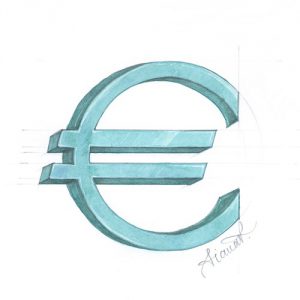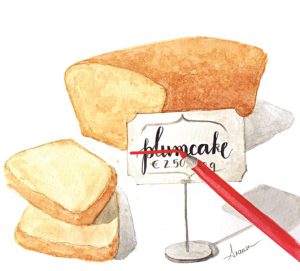As a freelance nonfiction editor, I work on many financial, scientific, and technical documents, and number formatting is something I always pay particular attention to. In this post, I’ll discuss this topic so that you’re better prepared to read, write, or edit documents in which numbers play a crucial role.
Numbers with multiple digits and decimals are written in different ways across the globe. For example, number formatting in most European countries is not the same as in the United States.
If you’ve ever received an invoice from a contractor in the EU, you might have noticed that some numbers are not written the same way as in America. Instead of a dot between euros and cents, you might have seen a comma. And instead of a comma as a thousands separator, you might have seen a space or a dot.
Why is the European number format different from the American? In this post I’ll answer this question and discuss the decimal point vs. decimal comma and the thousands separator to help you understand how number formatting in Europe differs from that in the U.S. Read More


